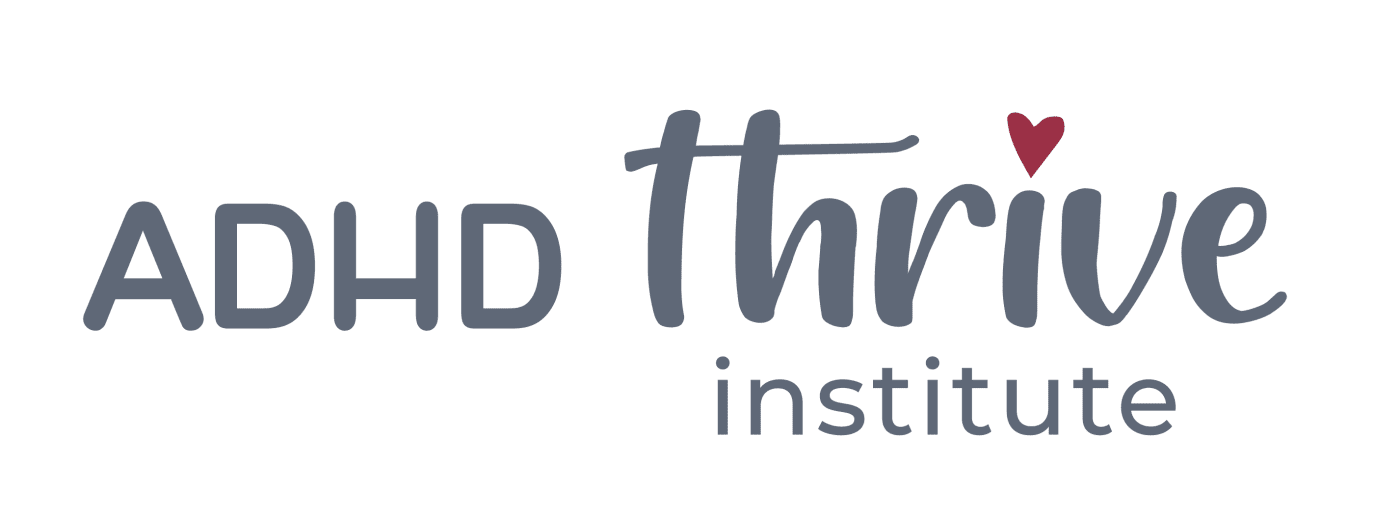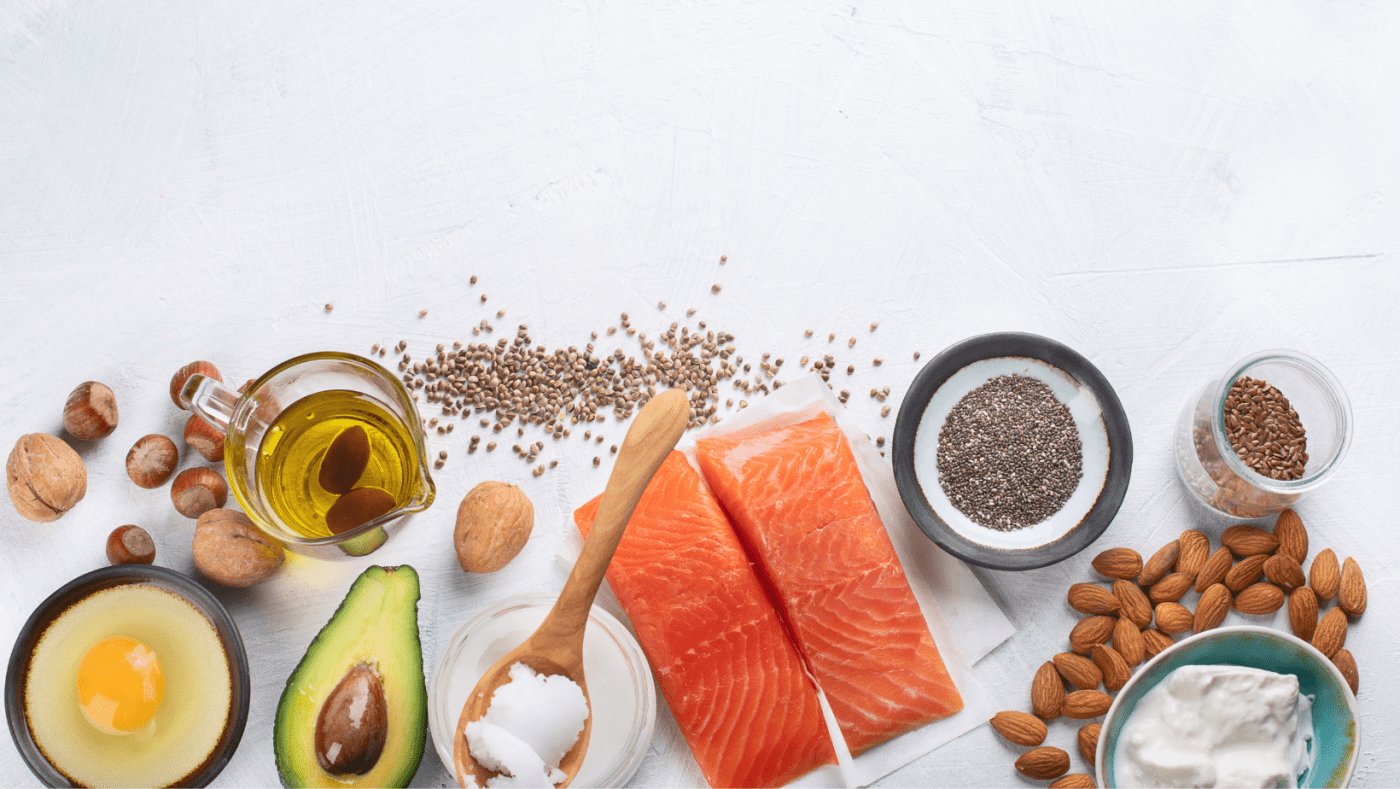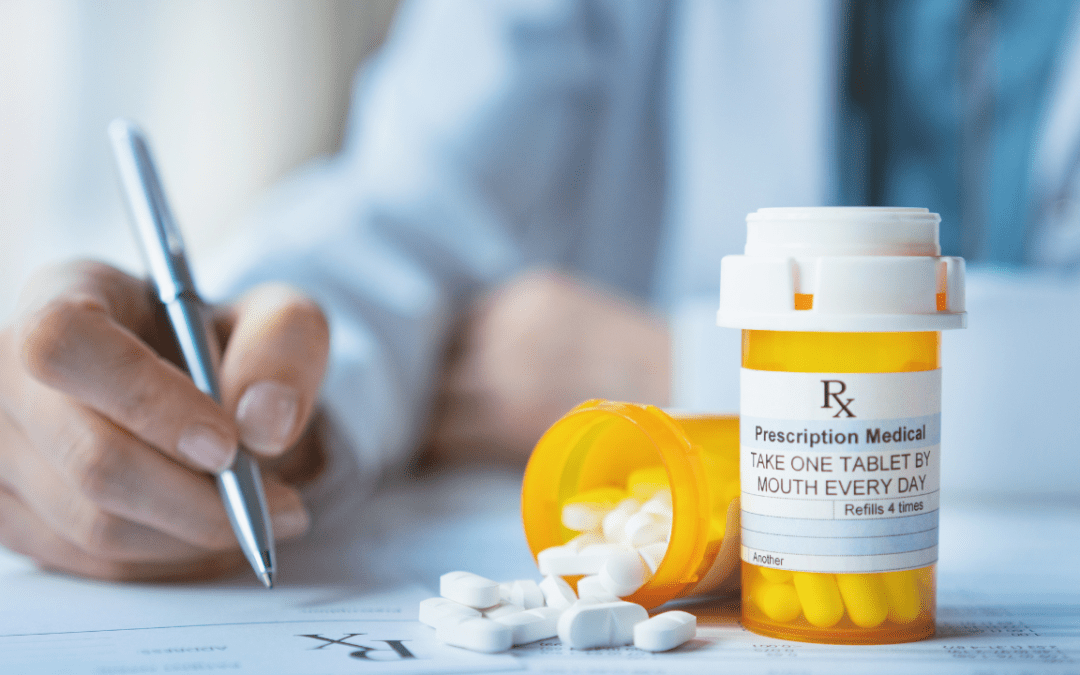There’s a big misconception in our society that fats are all bad, but the truth is… Fat is NOT the enemy. In fact, fat is something our bodies need to function and survive. Getting enough healthy fat is critical for growth and development, especially for our compromised kids. Here are a few reasons we need healthy fats:
- Fat builds the brain. Fat gives the structure to cell membranes and myelin (the fatty sheath surrounding nerve fibers which helps with nerve transmission).
- Fat helps with cell signaling and repair.
- Fat produces hormones our bodies need.
- Fat absorbs vitamins that are critical to our health and development (specifically vitamins D,A, E, and K).
- Fat produces healthy skin.
- Fat helps maintain our body temperature.
- Fat serves as a source of fuel for our bodies.
- Fat protects vital organs by holding them in place and cushioning them.
Fat can be very beneficial for our bodies and especially for our brains! There are unhealthy forms of fat, though. These unhealthy fats are the ones we need to avoid. There are 3 main categories of fats: unsaturated fats, saturated fats, and trans fats. Unsaturated Fats can be divided into two categories: monounsaturated (like avocados, nuts, olives, and canola oils) and polyunsaturated (like Omega 3 fatty acids and Omega 6 fatty acids found in seeds, oily fish, nuts, and vegetable oils). Saturated Fats have been generally simplified to include dairy foods such as butter, cream, full fat milk, and cheese. They also include meats and palm and coconut oils. But the reality is a bit more complex. Most foods contain a mix of saturated fat, monounsaturated fat and polyunsaturated fat. Dairy will generally have more saturated fat than unsaturated fat, but meats will generally have more unsaturated fat. And an organic, free to roam animal will have a much better fatty acid profile than a caged or intensively farmed animal. The third type of fat is trans fat. Trans Fats are the fats we definitely need to avoid! These are in many packaged and processed foods, as well as fast foods, deep fried foods, and baked goods. Another dangerous thing about trans fats is that they are often hidden on food labels with terms such as ‘hydrogenated vegetable oil.’ So you might not even realize you’re eating them unless you’re careful and read labels thoroughly! Those are the 3 main types of fats: unsaturated, saturated, and trans fats. The foods we eat – and more specifically, the fats we eat – have a big impact on the health of our brains! Eating healthy fats can help nourish, protect, and support optimum brain function. And this is SO important for our compromised kids! Today, I wanted to share with you some suggestions of what fats to eat, what fats to limit, and what fats to avoid altogether. Here are some healthy fats:
- Oily fish like salmon, trout, mackerel, tuna, and sardines
- Eggs
- Avocados
- Nuts like almonds, walnuts, hazelnuts, and pecans
- Seeds like chia seeds, flax seeds, and pumpkin seeds
- Olive oil
- Dark chocolate
- Coconut oil and ghee (Ghee may be a good option for some dairy free or casein free diets as the milk proteins are removed.)
Fats to LIMIT:
- Industrial seed oils like soybean, canola, and corn oils (These oils imbalance the omega 6 to omega 3 ratio in the body, and are often full of additives. Instead, choose traditional fats such as olive oil, coconut oil, and ghee.)
Fats to AVOID:
- Transfats like those found in processed/packaged foods and fast foods
I know that was a LOT of information, so I wanted to offer a free call to any of you who might be interested. We can talk through the effects of nutrition on the ADHD brain, as well as answer any questions you might have. If that’s something that you’re interested in, click this link to book that call today. Remember, fat is NOT the enemy! It’s actually a critical macronutrient to our bodies, just like carbohydrates and protein. Our bodies NEED fat to survive. The problem comes when we eat the wrong kinds of fat. So do your best to avoid trans fat found in processed or fast food and eat more of the good fats.
Want to know more about how we can help YOU get to a place of peace and calm with your child using natural strategies?
Let’s talk!
Book your free call with one of my expert team members to help you take your next step toward a healthier, happier home. There is absolutely NO RISK. It’s free, and there are no obligations. All we will do is chat about how we can help you get to where you want to go!
Alternatively, for more details about how you can help reduce your child’s ADHD symptoms, sign up for my free online webinar today here.
And as always, I am not a medical doctor and the above post is based on my experience. No information on this site should be relied upon to make a medical diagnosis, treat, prevent or cure any disease or medical condition.







